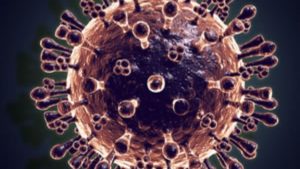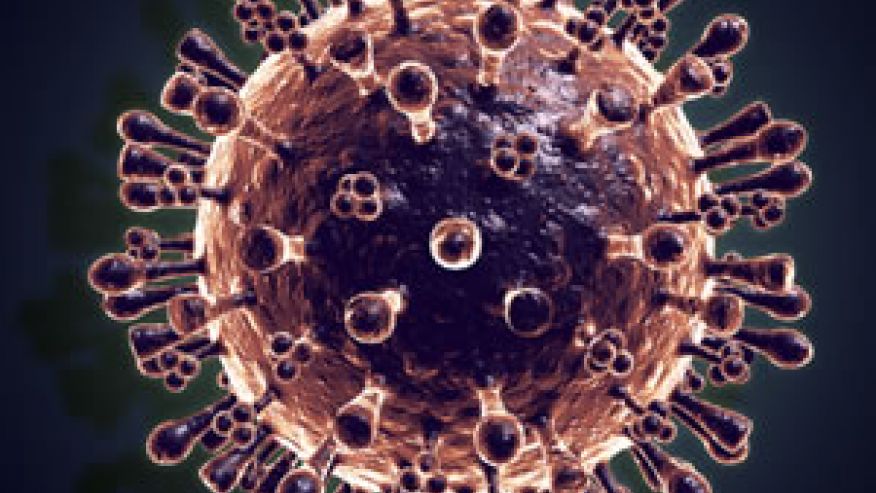 DEFRA has confirmed H5N8 avian flu in a small flock of chickens and geese at a premises near Diss in south Norfolk.
DEFRA has confirmed H5N8 avian flu in a small flock of chickens and geese at a premises near Diss in south Norfolk.
A 3km Protection Zone and a 10km Surveillance Zone have been put in place around the infected premises to limit the risk of the disease spreading.
Those with captive birds, including gamebirds, within the 3km and 10km zones should note that restrictions include a requirement to house or to otherwise separate all kept birds from wild birds. The restrictions also require increased record keeping for visitors and bird movements. The full measures can be read here.
No gamebird releasing is allowed within the 3km and 10km zones and any movement of birds into or out of the zones requires a licence from a government veterinary inspector.
The Avian Influenza Prevention Zone that was in force across most of England was lifted on 15 May and was replaced on the same day by a new Prevention Zone that applies only to certain defined areas of Lancashire, Cumbria and Merseyside.
Public Health England advises that the risk to public health from the virus is very low and the Food Standards Agency is clear that bird flu does not pose a food safety risk for UK consumers.
Defra has previously come together with countryside and shooting organisations to issue important advice about bird ‘flu to everyone involved with gamebirds.
BASC continues to ask members to be vigilant and to report any dead wild waterfowl (swans, geese or ducks) or gulls or five or more dead wild birds of other species, when encountered in the same location in unusual circumstances, to the Defra helpline on 03459 33 55 77. Details of how to spot the symptoms of bird flu can be found here.
